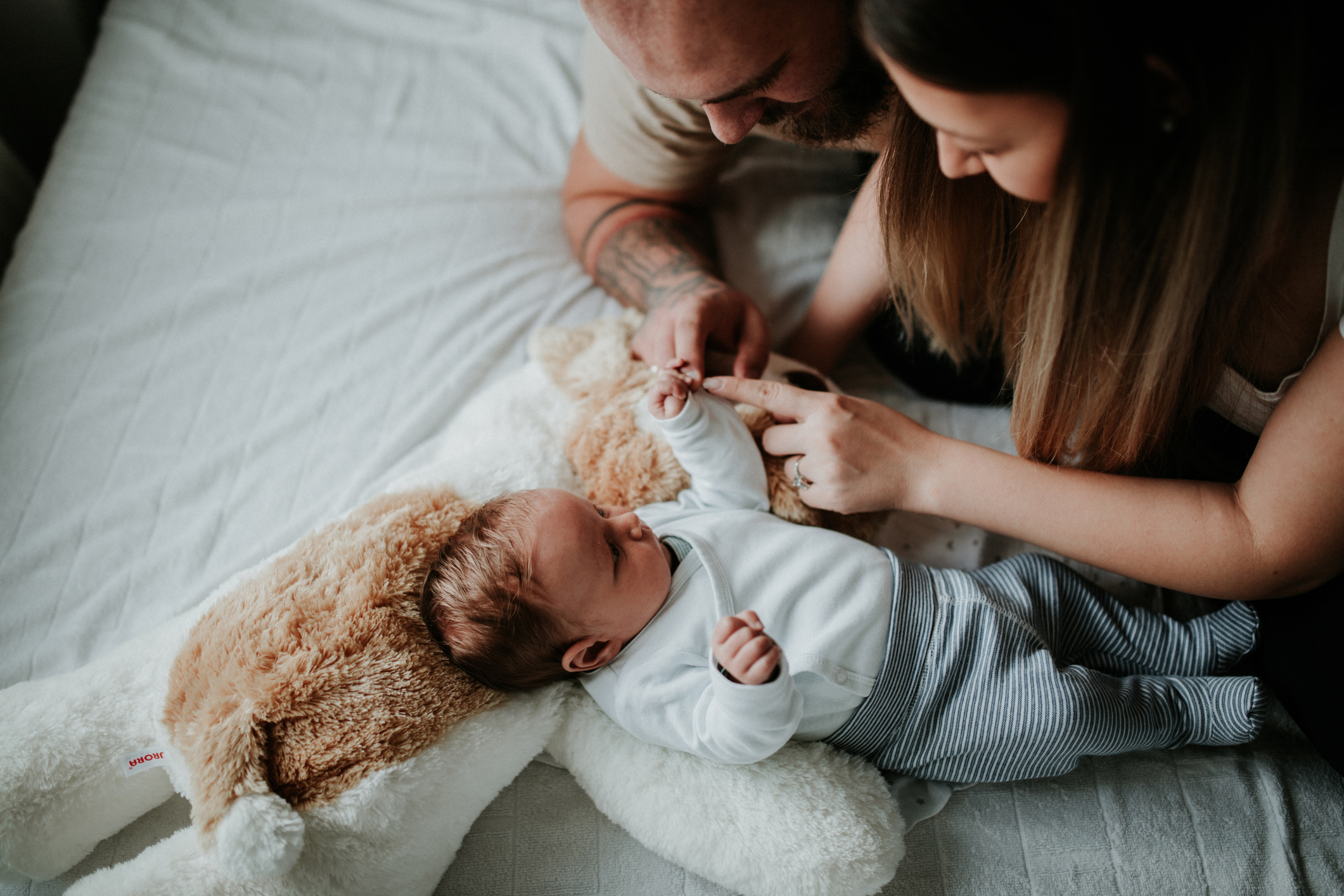
Becoming a parent is one of the biggest physical and emotional transitions you will ever go through. It is a huge adjustment to your life and this can come with mixed emotions. There can be a shift in your identity, feelings of losing your old life, losing your career or changes in family dynamics all of which may be very overwhelming.
It is estimated that mental health illness affects I in 5 new / expecting mothers and 1 in 10 new / expecting fathers in the perinatal period (defined as anytime during pregnancy to 12 months following birth)
Having a partner with a mental health disorder places an increased risk on paternal perinatal mental health. When paternal mental health is left un treated it can be associated with adverse outcomes for maternal mental health.
Perinatal Mental Health Week takes place in November each year. It provides an opportunity to help reduce the stigma around perinatal mental health, whilst also providing education and support to new and expecting parents. The idea of creating your own village has been a strong theme over the years, with the message here being the importance of having a supportive community around you as you navigate the many challenges and joys of early parenthood.
Anxiety and depression are the most common mental health conditions and for many individuals this may be the first time they have experienced challenges with their mental health.
The experiences of perinatal anxiety and perinatal depression are quite different.
Excessive fear or worry about becoming a parent or your baby’s health, feeling nervous, on edge or stressed, obsessive behaviours such as constant checking baby’s breathing or the constant need for reassurance can be some of the signs of perinatal anxiety.
Perinatal depression presents more via feelings of sadness or being numb and disconnected from your baby, being resentful, frequently crying, lack of energy or motivation, changes in appetite, reduced libido and withdrawing from loved ones.
Recognising that you are struggling is the first step. Some of symptoms which are discussed above can be very obvious, while for others the signs may be more subtle, like a sense that you aren’t quite coping or you don’t feel like yourself.
These disorders are not to be confused with the ‘baby blues’ which is experienced by 80% of mothers. This is a short term period of mood swings, teariness and feelings of being overwhelmed that is triggered by the rapid shift in hormones that occurs during childbirth. These symptoms are short lived lasting about 3-5 days and resolve on their own.
If you are experiencing feelings that are impacting on your day to day wellbeing, ability to care for yourself or your baby it’s encouraged that you discuss with your loved ones or seek advice from a health professional. If this is not a conversation you are comfortable having there are many dedicated help lines including PANDA where you can speak with a counsellor who can help you explore support options or appropriate specialist services.